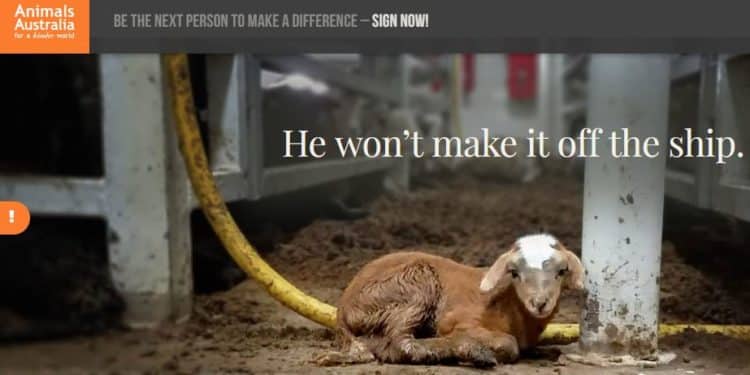Whistleblowers often speak for those who cannot speak for themselves. This week, several stories touched on efforts to protect fish and farm animals.
- A new, EU-based “Fishyleaks” website allows anonymous reporting of overfishing and other violations of fishing industry rules. From the Guardian:
 The group says it has received footage of fishing boats illegally dumping non-valuable dead fish at sea. In March, it accused government agencies of turning a blind eyes to “rampant” rule-breaking in the fishing industry after no undersized cod were reported landed last year, despite EU regulations that boats are no longer allowed to discard any undersized fish they catch.
The group says it has received footage of fishing boats illegally dumping non-valuable dead fish at sea. In March, it accused government agencies of turning a blind eyes to “rampant” rule-breaking in the fishing industry after no undersized cod were reported landed last year, despite EU regulations that boats are no longer allowed to discard any undersized fish they catch.
Whistleblower laws and some reporting programs are complex, so here at the NWC, whistleblowers are advised to have legal representation. And, the security of online reporting programs can vary. Fishyleaks acknowledges that “there are always some risks involved,” and they offer tips on how to minimize exposure.We often receive news of infringements, but lack the evidence, or the context needed to prove it or act on it. We have also been contacted by people who want to share information with us, but are concerned about how to do this securely. So we created Fishyleaks to help those to want to share information with us, in a confidential, anonymous and secure manner.
- Whistleblowers and at-sea video also play a role in the effort to ban or limit the export of live sheep from Australia. In March, the Australian Department of Agriculture instituted a three-month ban on the exports during the hot summer months, when sheep get overheated and death rates rise. Now it is seeking public input on extending the ban to October.
Former livestock veterinarian Lynn Simpson was key to exposing overheated ships and other poor conditions on the boats. A staff veterinarian on live-export ships, Simpson supplied investigators with photos of hot, stressed, dirty sheep. Like many whistleblowers, she reports that the has been unable to find a job in the shipping industry since.
A column in The Washington Post reports:
The industry has long had its critics. Sheep deaths are seen as unremarkable: 2 percent of sheep on a single voyage can die without any requirement to inform the authorities. Animals Australia says a death rate of more than 1,000 animals per shipment has been common.
The story refers to a whistleblower video shot last year aboard the Awassi Express, a ship operated by Emanuel Exports, Australia’s largest live-sheep exporter. A statement from the Sheep Producers of Australia fin response the videos states that the live export “trade is a vital plank in the whole sheep production sector particularly in Western Australia. Farmers were appalled and saddened at the footage shown given animal welfare is a priority for them at all times.”
- Back in the US, a group of famers announced a campaign earlier this week to push for the passage of a USDA rule “that protects farm families from corporate retaliation for speaking out and restores fairness to the American meat market. “
The effort is part of the Government Accountability Project’s Food Integrity Campaign.
Over 90% of the chicken, beef and pork in America comes from farms contracted by and in a market controlled by a handful of multinational meat processing companies. These huge companies have consolidated their power so there’s no competition and the livestock prices paid to independent family farmers are at rock bottom.
Companies have retaliated against farmers them for speaking out by taking actions that sabotage farm earnings and bankrupt families, according to a statement from the group. The farmers spent time on Capitol Hill this week to make their case.




